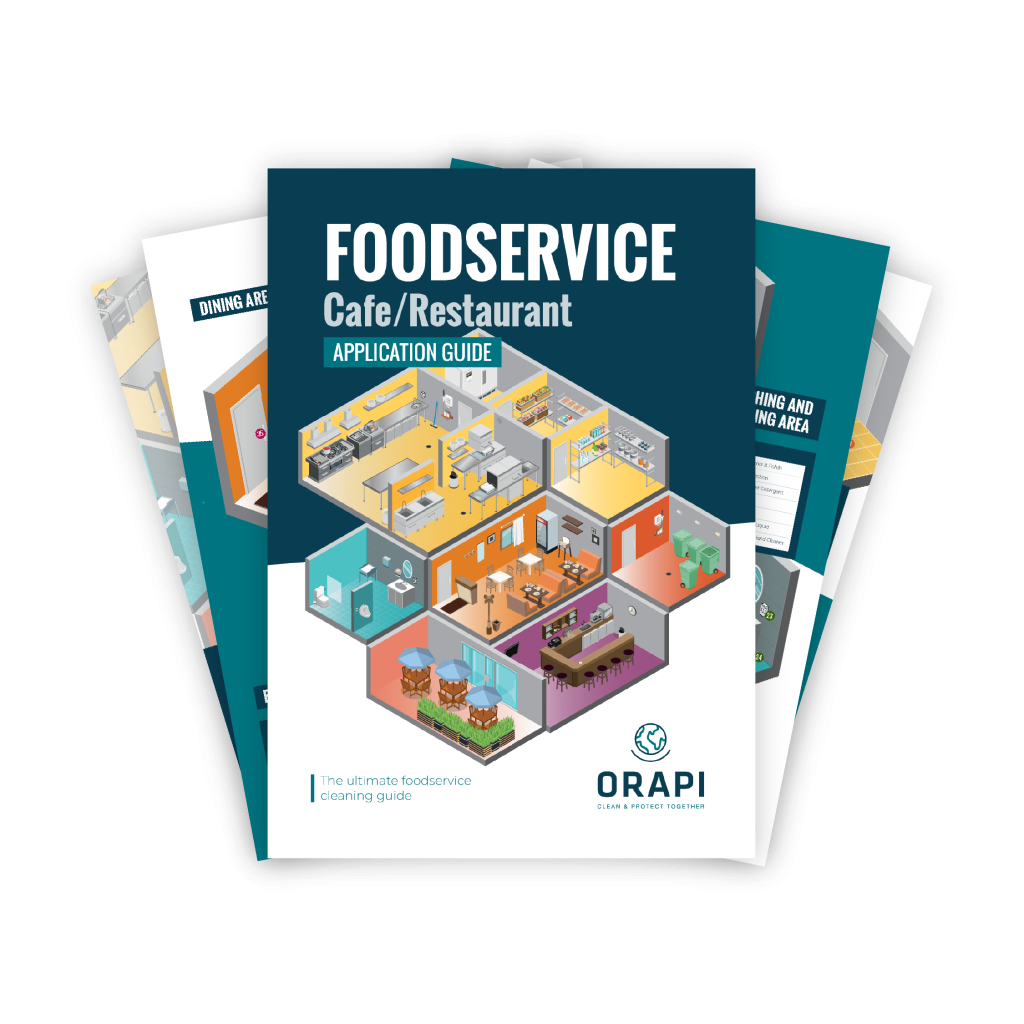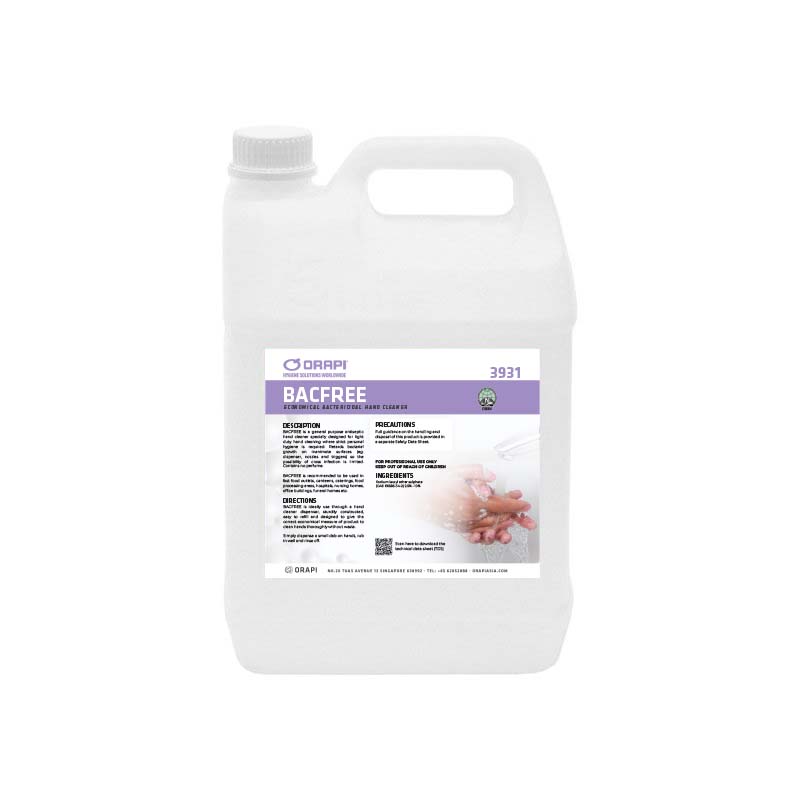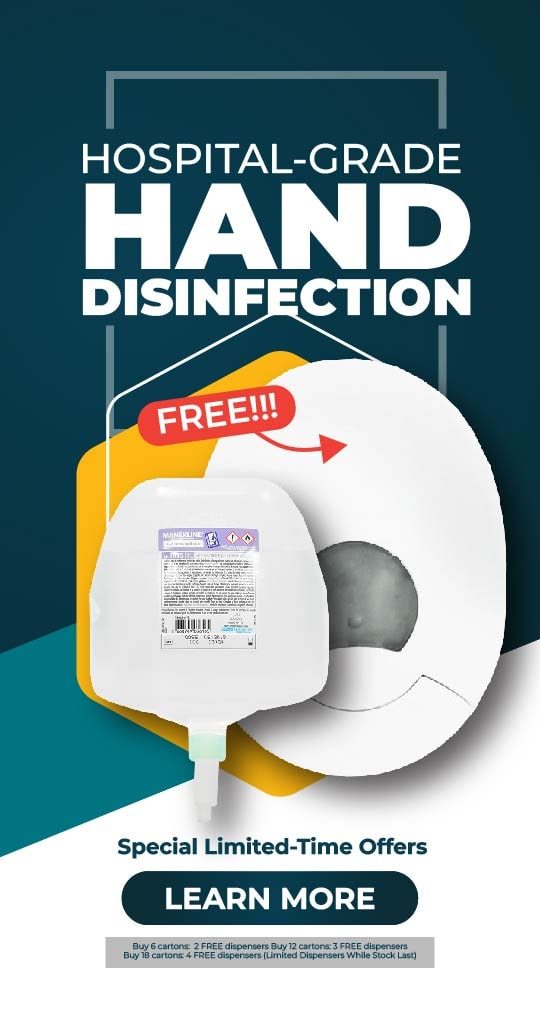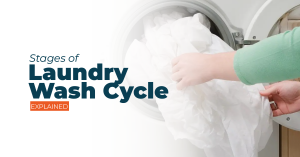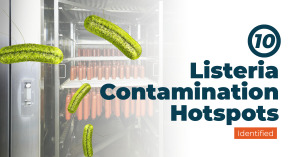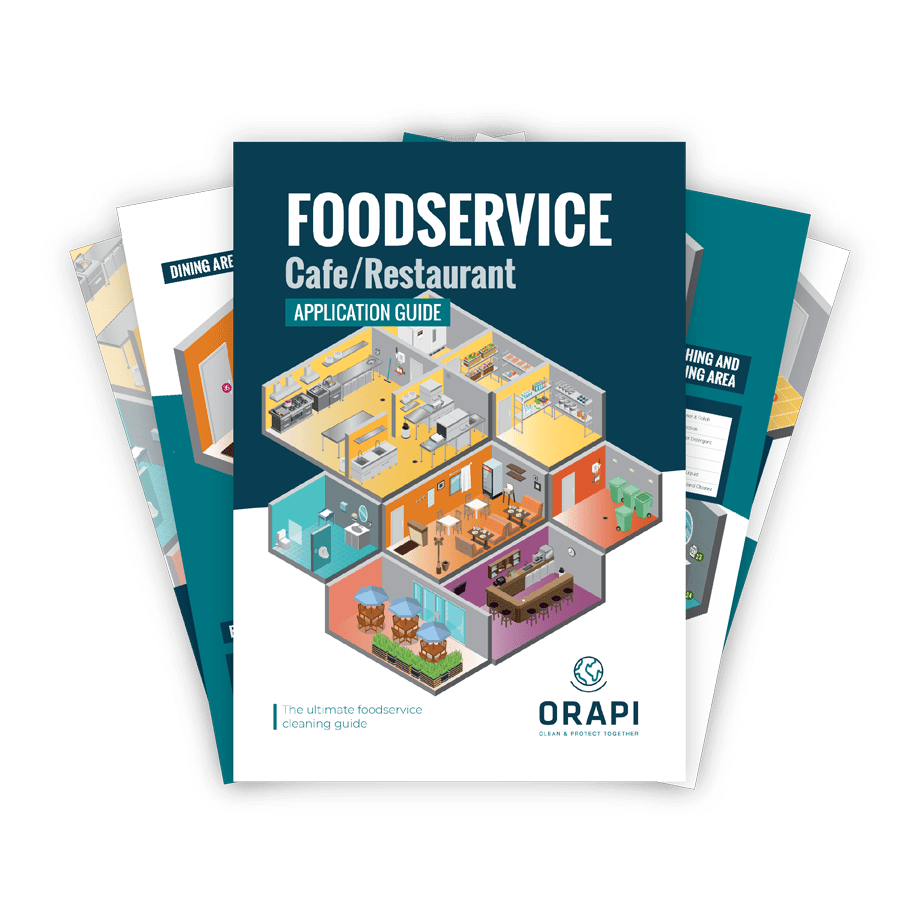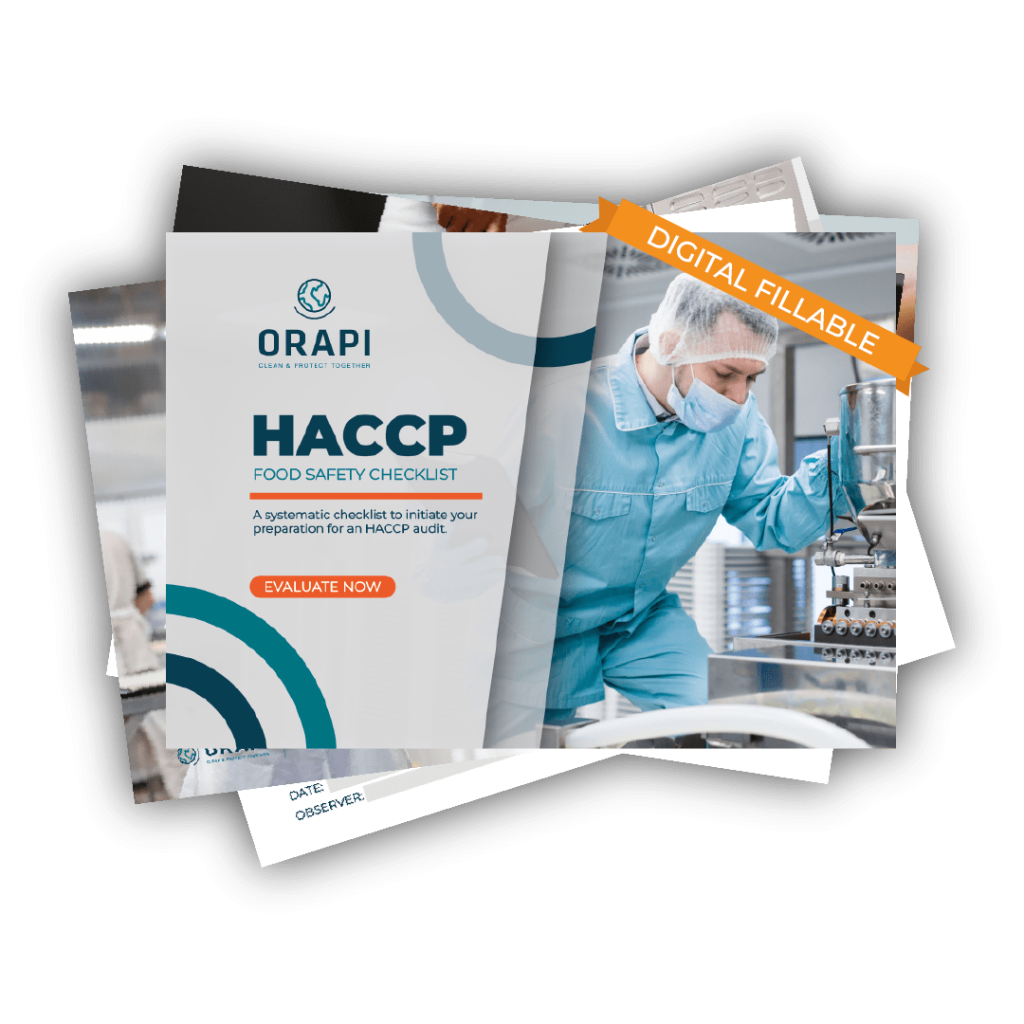What is Shigellosis?
There are many different types of Shigellosis (simply known as Shigella) that can cause diarrhea (sometimes bloody), fever, and stomach cramps. However, what makes this foodborne infection dangerous is that it can be spread from one person to another. So it’s important to understand what is Shigellosis and how to prevent it.

Symptoms of Shigellosis
Shigellosis symptoms may resemble those of food poisoning and it is very difficult to tell if they were caused by Shigellosis based on symptoms alone. However, what makes Shigellosis dangerous is that it can spread from one person to another and some people will not have these symptoms at all. These symptoms include:
- Sudden and severe diarrhea (can be bloody)
- Fever
- Stomach pain
- Feeling the need to pass poop even when the bowels are empty
Symptoms usually begin 1 to 3 days after being exposed to Shigella. Symptoms usually last 5 to 7 days, but some people may experience symptoms anywhere from a few days to 4 or more weeks. In some cases, it may take several months before bowel habits (for example, how often someone passes stool and the consistency of their stool) are entirely normal.
What Cause Shigellosis?
The Shigella bacteria can be found in the feces of infected people, in food and water contaminated by them, and on surfaces, they have touched. Shigellosis often occurs in fecal-oral contamination. This includes the personal hygiene and handwashing of parents with toddlers who are not fully toilet-trained (for example, when parent do not wash their hands with soap and water after changing a diaper) and hygiene in food that was not prepared properly (this is where personal hygiene and food safe procedure is important). Foods that have been identified in Shigella outbreaks:
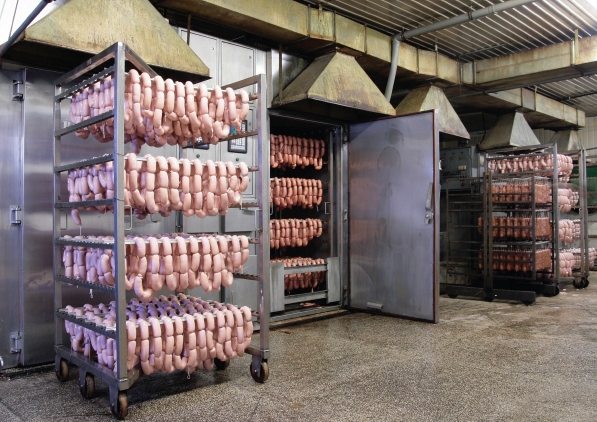
- salads
- potato
- shrimp
- tuna,
- chicken
- turkey
- fruit
- beans
- pudding,
- raw oysters
- milk
Contamination of these foods is through contact with water that has been contaminated or has been handled under other unsanitary conditions.
Prevention Of Shigellosis Is Better Than Cure
The best means of risk is to prevent and avoid the spread of Shigellosis through basic personal hygiene and frequent handwashing carefully, especially after going to the bathroom, before preparing foods, and after changing diapers. Below are some of our recommendations:
ORAPI RECOMMENDS:
BACFREE is a halal and NSF-approved general-purpose antiseptic hand cleaner specially designed for light-duty hand cleaning where strict personal hygiene is required. BACFREE effectively retards bacterial growth on inanimate surfaces (e.g. dispenser, nozzles and triggers) so the possibility of cross infection is limited.
Other tips to prevent shigellosis are shown below:
- Do not prepare food for others while ill with diarrhea.
- Use clean water to wash meat and other ingredients.
- Clean the surface of the preparation table with anti-bacteria cleaner
- Dispose of soiled diapers properly, and disinfect changing areas after using them.
- When cooking in developing countries, use only treated or boiled water
In terms of foodservice industry, improved employee personal hygiene and kitchen and food preparation station food hygiene and food safety are essential to prevent shigellosis caused by contaminated produce. To increase the safety of domestically produced foods, the SFA (Singapore Food Agency) has established a hazard analysis and critical control points system (HACCP) for several sectors of the food industry, to minimise foodborne illness risks further. Click here for details on HACCP. HACCP is a management system in which food safety is addressed through the analysis and control of biological, chemical, and physical hazards from raw material production, procurement and handling, to manufacturing, distribution and consumption of the finished product.
Handwashing is #1 Prevention Of Shigellosis
While handwashing is the number 1 prevention of shigellosis. Many foodservice employees have doubts about when and how to wash their hands properly and this affect the food safety standard of the foodservice establishment.
When to Handwash?
Here are some of the instances when you should wash your hands in a foodservice setting.
- Before handling, preparing or serving food
- Before handling clean utensils, or dishware
- After using the restroom
- After touching your face, cuts, or sores
- After smoking, eating, or drinking
- After handling raw meat (especially poultry)
- After touching unclean equipment, working surfaces, soiled clothing, soiled wipe cloths, etc.
- After collecting and taking out the garbage
- Before and after assisting someone with diarrhea, after cleaning the washroom.
How to Handwash?
Follow these steps to guarantee the complete cleanliness of your hands:
- Apply a palmful of the hand soap bactericidal product in a cupped hand, covering all surfaces.
- Rub hands palm to palm on all surfaces.
- Right palm over left dorsum with interlaced fingers and vice versa on all surfaces.
- Palm to palm with fingers interlaced.
- Backs of fingers to opposing palms with fingers interlocked.
- Rotational rubbing of left thumb clasped in right palm and vice versa.
- Rotational rubbing, backward and forwards with clasped fingers of the right hand in the left palm and vice versa.
- Once dry, your hands are safe. The duration of the entire procedure is 20-30 seconds.
The S3C of Food Safety
The S3C of food safety is the epitome of what you should have for your food safety procedure. The S3C is something that can be remembered easily and should be on top of your head whenever you are handling food. The S3C of food safety should be shared with your fellow employees, so they can practice with diligence. The S3C is an acronym for SCCC which means:
S stands for SEPARATE: Separate Raw Meats From Other Foods
C stands for CLEAN: Wash Hands And Surfaces Often
C stands for COOK: Cook To The Right Temperature
C stands for CHILL: Refrigerate Food Promptly
You can download the high-definition landscape version of this poster here to print and paste onto your kitchen wall or fridge to remind your employee about food safety. Recognising food safety is essential when running a foodservice establishment
